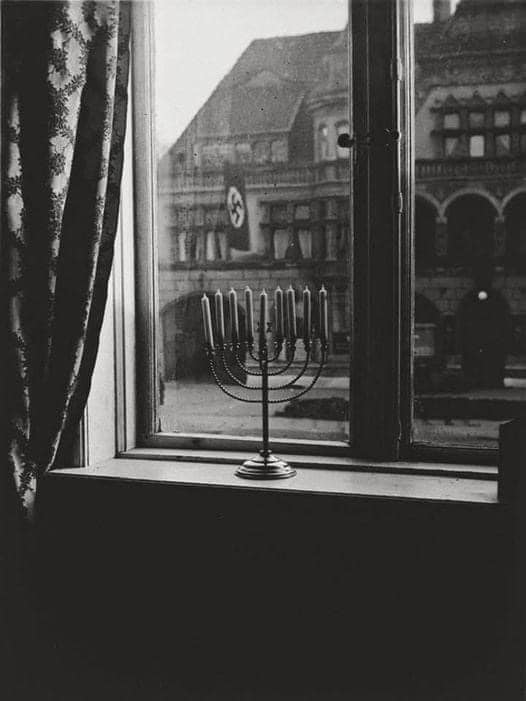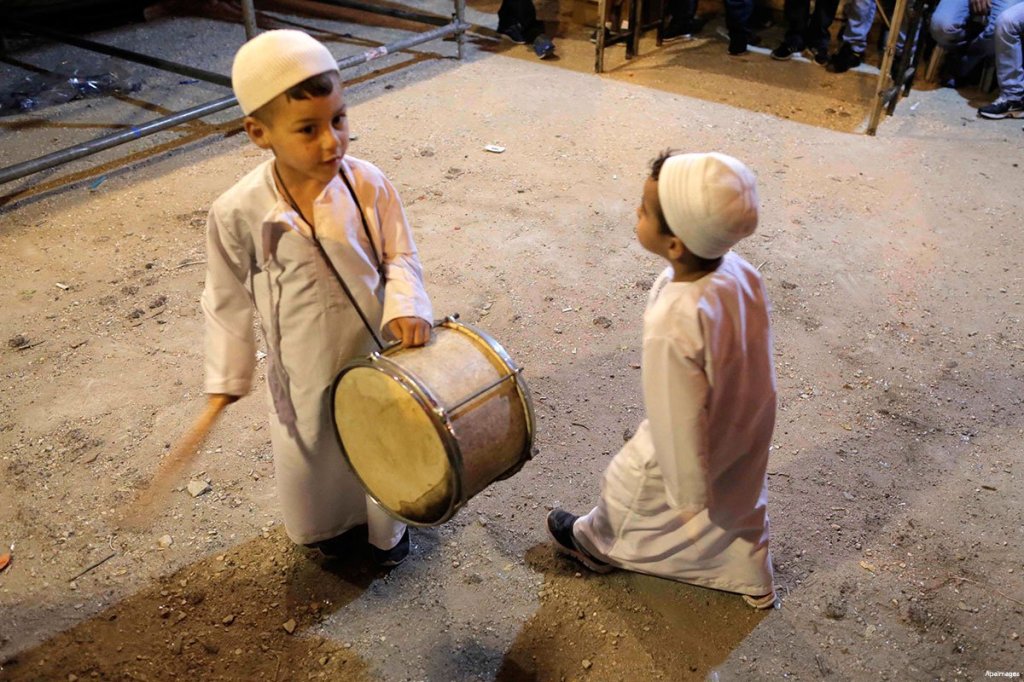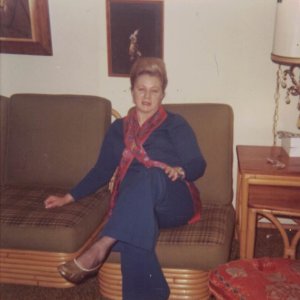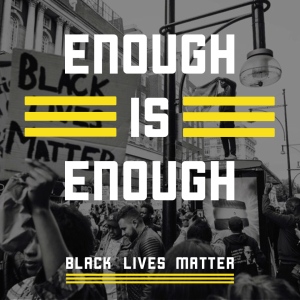
Almost 50 years ago, I was welcomed into a community of Jewish friends.
Alan and Sheila were from Philadelphia. Their circle of friends had mostly migrated to San Francisco from the East Coast. They had come from neighborhoods that were well-defined: Jewish, Italian, Irish, and so on.
I was welcomed into their circle because I never expected them to not be Jewish. It is only years afterwards that I realized what a leap of faith they took in trusting me.
Sometime around the early 80s, I was included in their Seder celebrations. Their Seders were a bit, shall I say antic. The men wore head coverings that ranged from a fedora to baseball caps to a yarmulka or two.
They laughed a lot, bringing up memories of their being the hungry children at the table waiting for the story read from the Haggadah to be finished so they could eat. They passed the Haggadah from person to person, so each had a section to read. I probably was the one who read most reverently. I loved that there was a story being told as part of the celebration. At the same time, I grew hungrier and hungrier as I smelled the brisket waiting in the kitchen and saw the food laid out before me. Inner child is universal.
At one end of the table was a man who was the first male child born in a community of Jews who lived in Philadelphia. His parents were Survivors. They had lost two children to the camps. He was laughing and enjoying the irreverence along with everyone else.
As I sat through the reading, and enjoyed their irreverence, it occurred to me that, despite the irreverence, it was vital for them to continue this tradition, to tell their story—and what it must have been like to have had their story outlawed, disallowed, made to be covert.
Sometimes you just understand things through your skin. Genocide is taking peoples’ story from them. Yet resilience kept the story going.
Two women kept shooting covert comments my way, assuming I was the Irish Catholic girl who they had met in school or maybe even lived across the street—the side that marked the other neighborhood. It was uncomfortable. I wondered how I offended, what I did that made them want to let me know that I was not Jewish, and they were.
I attended three more Seders with this circle of friends. By the fourth one, the two women had come to accept me. I think the fact that like them, I didn’t have a husband, so maybe I wasn’t so different after all. I also came to learn that they were like the aunties who competed even at a table with all Jews—noticing who had not quite done the thing right. My grandmother and aunt were like that—competing over who made the best peach cobbler. That was something else we had in common, though I never tried to explain that.
As Fellowships ended, some in the circle moved to new cities to start their careers. Alan and Sheila separated, then divorced. That was hard on those who stayed in San Francisco. Sheila moved back to Philadelphia, becoming more and more disillusioned that the world would not be as she wanted it to be.
She tried to kill herself with a friends’ pistol, but it misfired. So instead, she got on a red eye to San Francisco, spent the hours on the plane writing letters to those who still lived in San Francisco, got in a cab at the airport, stopped three times to deliver the letters, then had the cab driver drop her off at the Golden Gate Bridge. She walked out to the middle of the Bridge and jumped.
Those who received the letters frantically called the Bridge administration to ask them to be on the lookout for her. But by then she was already gone. The newspaper had a small article that said the body of a woman with long dark hair and wearing a brown jacket was found in the water near the Bridge.
It was devastating. Alan and Sheila’s sister took her ashes to the Bridge and set them free.
I lived in Mill Valley by then, so had everyone over for a small gathering to honor her and their grief. Most felt guilty. Wondered what they could have done to stop her. It was clear to me that she was dedicated to ending her life. There was nothing anyone could have done. My devastation was something different—that she couldn’t find even the smallest spark of love within herself to make her want to go on living. I had never experienced that before.
I have lost touch with that circle of friends. Alan descended into some dark places. Once when I was in Livermore I got a call from him, using his job as a telemarketer to call my business so he could connect. But that was the last I heard from him.
I miss those Seders. There are things from the story that I don’t embrace, like that God would kill the first born of those who didn’t have the blood of a lamb on their door. I can’t imagine a God who would do that.
Here’s what I did embrace from my experience. Taking the time to celebrate how extraordinary the very ordinary act of eating a meal with others is. I also took from it that eating the bitter herb was a commitment to taking the bitter with the sweet. Being willing to experience the full range of life.
I am acutely aware that I live on native land. That were it not for the genocide that was aimed at the indigenous people on this continent, I would not be living here. Yet, like the Jews, the indigenous people of this land are resilient.
I chose the image I use on this blog post because it shows that light can shine through the darkness. And that we must find some way in this world, to let light and grace shine through. We are more alike than we are different.
Rachel Posner took this picture from her window in Kiel, Germany in 1931. On the back of the picture she wrote, “Our light will outlast their flag.”



 A young activist of color in my community, when I objected to the phrase Defund the Police, explaining that it sent a fuzzy message because of the meaning of defund, said that the definition of the word didn’t matter. I told him I was a writer so I choose my words carefully . They should express what I intend to express.
A young activist of color in my community, when I objected to the phrase Defund the Police, explaining that it sent a fuzzy message because of the meaning of defund, said that the definition of the word didn’t matter. I told him I was a writer so I choose my words carefully . They should express what I intend to express.